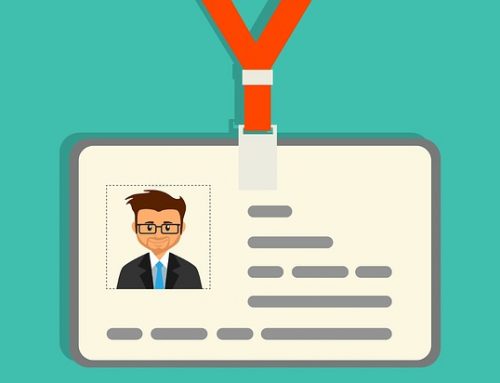I’ve been impersonated online four times (that I know of). Three times, someone took my self-portraits and used them to catfish people on Tinder. The other time, someone created an email address and pretended to be me researching an article on Instagram accounts for a site I used to write for. They reached out to big accounts and attempted to get them to hand over their login credentials. In all four cases, I had no idea it was going on until someone who was directly affected contacted me to ask if they were being scammed. I have no idea how many other people were taken in.
Of course, it’s not uncommon for public figures caught up in the news cycle or some kind of controversy to be impersonated by trolls. For example, Katie Bouman, a scientist involved in taking the first ever photo of a black hole, was quickly impersonated online. Sexist trolls did what sexist trolls do and tried to manufacture outrage and controversy where there was none.
But if you’re not a public figure, online impersonation can be a bit more personal. If someone is posting your private information or reaching out to your friends, it’s likely someone you know—or are at least acquainted with. This is probably the hardest situation to deal with.
Having my identity stolen left me feeling pretty weird. Someone was out there, lying to people and using my face or professional reputation to do it. If you’re in the same situation, I’m sorry—it sucks. But there are a few things you can do.
What the person impersonating you is trying to achieve will determine what you can do about it.
With the three catfish attempts, the scammer just used my photos. They were in a different country, using a completely fictional profile. It was me but it wasn’t me. In those cases, I found out when one of their victims reached out to me and asked if they were being catfished. They’d suspected something was up and reverse image-searched the pics. While I don’t know exactly why my photos were used, I can only assume it’s because, a) I’m gorgeous, and b) there are plenty of photos of me available online that someone could use to build a realistic profile.
In the fourth instance, the scammer was trying to leverage my identity as a writer to steal the login details to some big Instagram accounts. I’d written an article about top Instagram accounts a few months before and they were using it as part of their amateurish (and ultimately unsuccessful) con. This one struck a little closer to home since they were actually pretending to be me.
Also, before launching yourself to wild conclusions, think about whether it could be a case of mistaken identity. Unless you have a super-rare name, there is almost certainly someone out there who shares yours. There are even two Harry Guinness-es (Harry Guinnessi? Harrys Guinness?). Just because someone has a Twitter or Instagram account with the same name as you doesn’t mean they’re impersonating you—unless, of course, they’re stealing and sharing your photos. Your name might be Will Smith, but you’re not entitled to the Twitter handle @willsmith.
If someone is truly impersonating you on a social media platform, online dating app, or elsewhere, your first step is simple: report the hell out of them. Impersonating someone is against pretty much every site’s terms of service—Facebook, Twitter, Reddit, and Instagram all ban it. If you can show that someone has set up a fake profile as you, report, report, report.
Unfortunately, as with all things internet, this doesn’t always work. Twitter, in particular, seems to be willfully obstinate when it comes to shutting down impersonation accounts. There are plenty of examples of Twitter refusing to take action, even when present with evidence that people’s accounts have been directly copied. Tinder, at least, was quite responsive—the three profiles impersonating me were quickly shut down once the victims reported them for catfishing.



